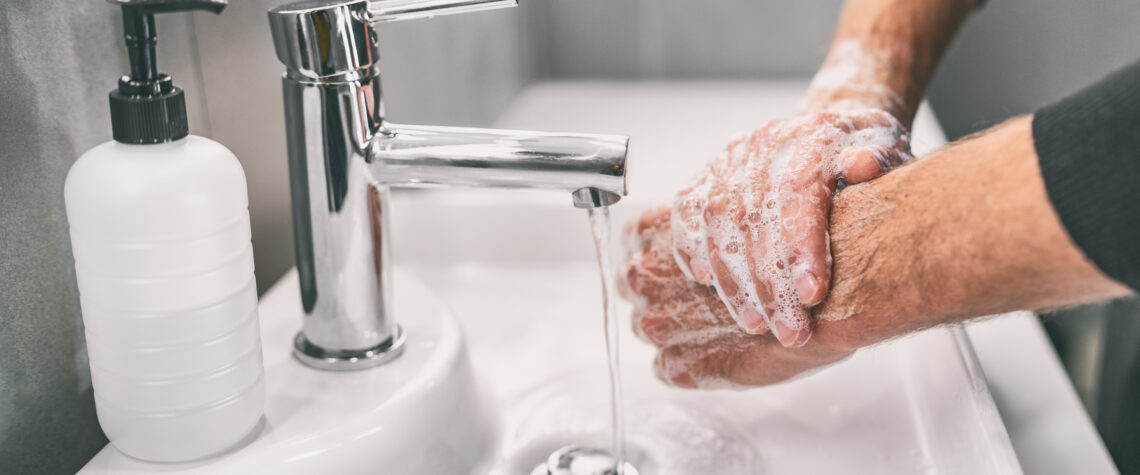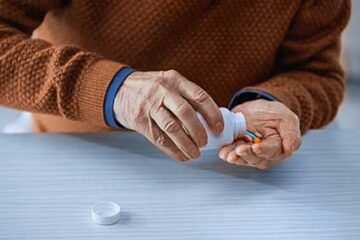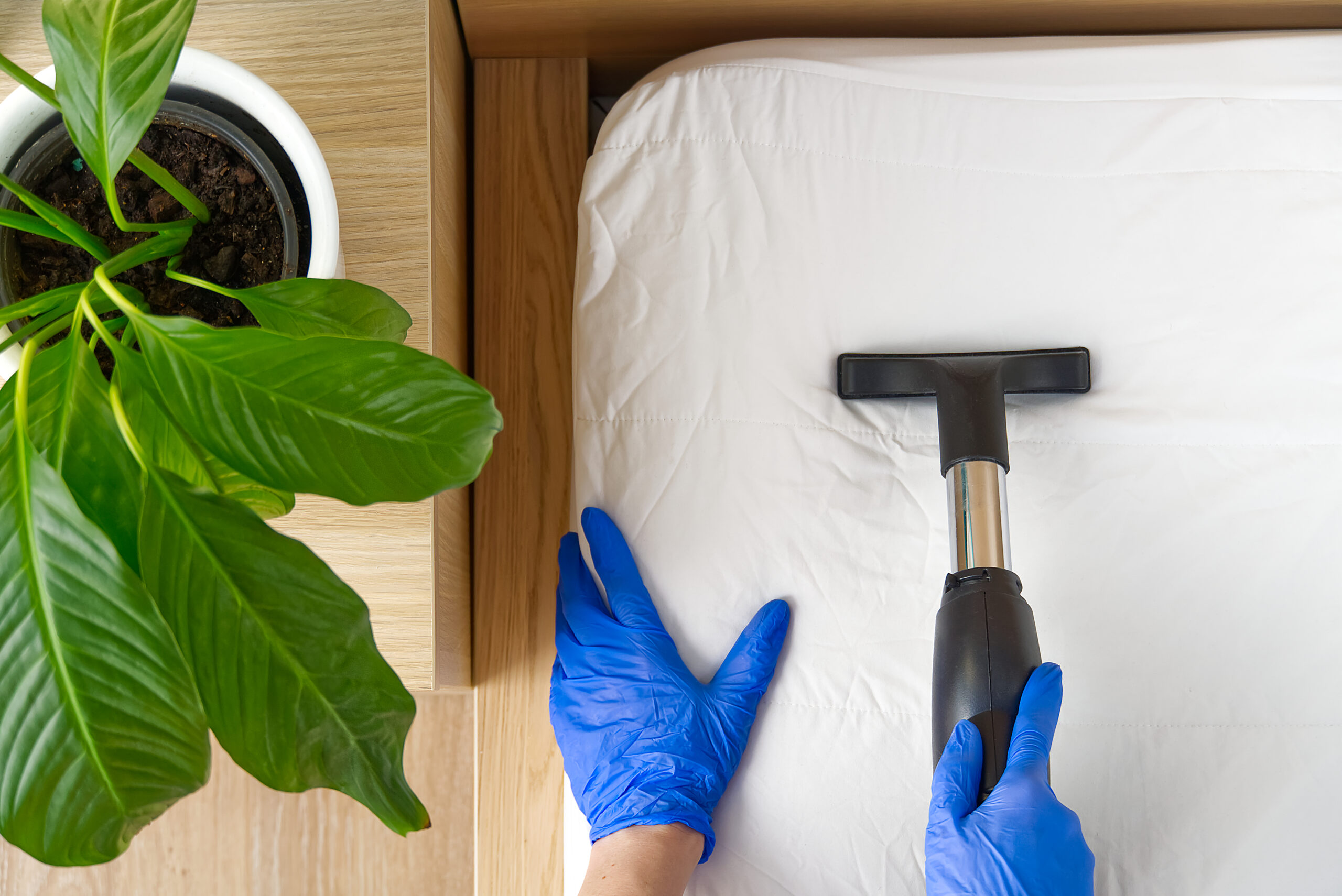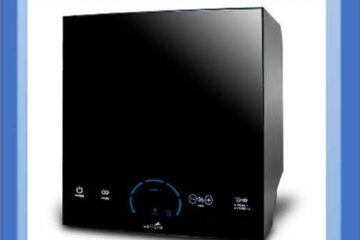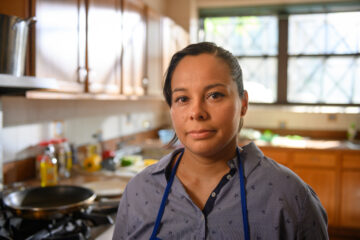That bottle of lavender-scented hand soap in your bathroom is the result of a happy accident, centuries of engineering, and a miracle of biology. Today, we rely on soap to keep ourselves and our families healthy, our clothes looking and smelling fresh, and our cars looking brand new, among countless other roles. But where did soap come from, and how does it work?
The History of Soap and How Soap Work?
The chemistry of soap making can be summed up like this: The fat and sodium-based ingredients combined in soap have two polar ends at the molecular level. One end attracts water (it is hydrophilic), and the other repels it (it is hydrophobic). Natural soap doesn’t kill germs or bacteria; it removes them. The hydrophobic end of the soap molecule attaches to the oil and debris on your body, while the hydrophilic end attaches to the water you use to wash and rinse.
Soap and water effectively remove germs, but two more essential factors are friction and time. Vigorous scrubbing for 15 seconds removes roughly 90% of surface viruses and bacteria, while an extra 15 seconds removes 99.9%.
It wasn’t until 1823 that French chemist Michel Eugène Chevreul isolated the soap-making process into chemical terms. His work helped establish efficient ratios of fats and alkalis (in the form of sodium, or salt) that allowed soap production to reach industrial levels by the end of the nineteenth century.
Soap Manufacturing Today
Today, soap manufacturers use fat that has been distilled into its purest form. Fatty acids from vegetables, olives, and coconut oil are common ingredients. Most soaps also include additives to create appealing colors, scents, and textures. Without these additives, soap would be a light brown color, which certainly wouldn’t look impressive in your guest bathroom.
How Many Types of Soaps Are There?
Differentiated by ingredients and production methods, there are 22 types of soap available commercially. These range from ordinary hand soaps to harsh detergents. You’re likely most familiar with what are called “toilet soaps,” a type of soap formulated to clean hands and skin and create a thick, foamy lather. There are also highly specialized detergent soaps, such as those used for professional carpet cleaning.
There has been a growing focus on using antimicrobial soaps to remove and kill germs during handwashing. So, what types of soaps are antimicrobial? These products have chlorine, alcohol, or other germ-killing chemicals added to them. However, experts recommend against antimicrobial soap for everyday use, because the additional ingredients are no more effective than traditional soaps at eliminating germs.
Nothing about cleaning is boring! We have an entire library of resources to help you keep your home clean, your family healthy, and your housekeeping more fun. When life gets busy, trust Molly Maid to lend a hand with one-time or regular cleaning services that fit your schedule. Call (800) 654-9647 or request an estimate today.
Molly Maid: We’re Here to Lend a Hand
Need help taking care of cleaning your home to be able to spend mor time doing things that you love? Call the experts at Molly Maid today to schedule an appointment at 615-794-0200 or 615-603-3766,today https://www.mollymaid.com/s-davidson-williamson-maury-counties/about-us/contact-us/ We’re Maid for This!
A Clean You Can Trust®
Ashley Farrar
Ms. Molly Foundation
Molly Maid is proud to fund and support the Ms. Molly Foundation, which supports domestic violence agencies and shelters in local communities. We’re proud to have raised over $3 million dollars since 1996.


